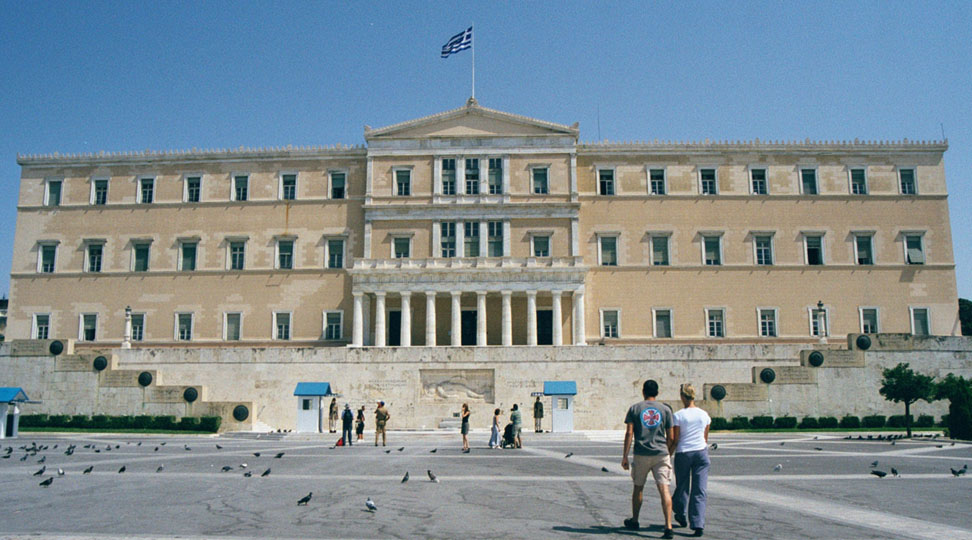Greece, Securing a Central Role in the EU Energy Future

As discussed in the recent international conference organised in Athens by the Research Centre for Energy Management at ESCP Europe Business School and the Greek Energy Forum, the European Union, through its 2030 Energy Targets, has provided with a blue print of its vision of the energy industry. It does so by defining its development and activities within the EU territories over the next 15 years, and beyond.
Issues such as those of security of supply, energy efficiency, carbon emissions, renewables and many others are covered in different depths and levels of clarity within these Targets. Targets, whose importance has been highlighted by the recent geopolitical developments and the market dynamics of the energy industry.
Greece, a country which up to now has featured on the side-lines of the energy industry, has now an opportunity to take a central role in the future of EU energy industry. Provided that three central pillars for reducing the EU energy footprint and supply risk, as set by the 2030 Energy Targets, are: differentiation, efficiency and development of domestic energy sources, Greece has a lot to offer.
Differentiation in energy sources does not only mean the development of renewables to a higher percentage of our energy mix, nor just the increase of availability of Natural Gas in the EU markets. It also implies the intrinsic and highly important adaptation of these sources in our energy demand. Differentiating our energy sources in key industries, such as that of power generation and transportation (i.e. LNG powered trucks and trains, electric vehicles etc.) in order to move towards cleaner but also cheaper sources, might bear significant benefits in terms of reductions in supply risks in addition to those of efficiency and carbon emissions.
The benefits of energy efficiency increases, in an energy net-importing country such as Greece, are clear. The effects of rebalancing its national budget, ensuring higher levels of security of supply and commercial competitiveness will be felt in the short term, and will be sustained in the long term.
By investing in developing our own supply sources, we will be essentially reducing our exposure on external suppliers and thus, again, minimising our supply risks. The current hydrocarbon developments in the South East Mediterranean look very promising in this respect. Greece is making significant steps towards being in the centre stage of these developments, of course benefiting from its strategic geographical position as the centre of the region (having the capability to create a hub) as well as the Eastern border of the EU (providing the physical gateway to the EU markets).
By supporting the development of strategic projects throughout the EU, but more specifically in the South East Mediterranean region, such as those of logistics infrastructure, storage capacity and fuel conversion (among others), we can manage to safeguard the energy markets against supply or price fluctuations. Whose risks we have to be mindful of, as they could derive either from changes in the market fundamentals or by financial speculation, especially when the energy markets become more liquid and flexible as we expect in the near future.
*Dr. Angelos Gkanoutas-Leventis (CITYPERC, City University London) and Dr. Kostas Andriosopoulos (Director, Research Centre for Energy Management at ESCP Europe Business School).
Natural Gas Europe, 07.06.2014


